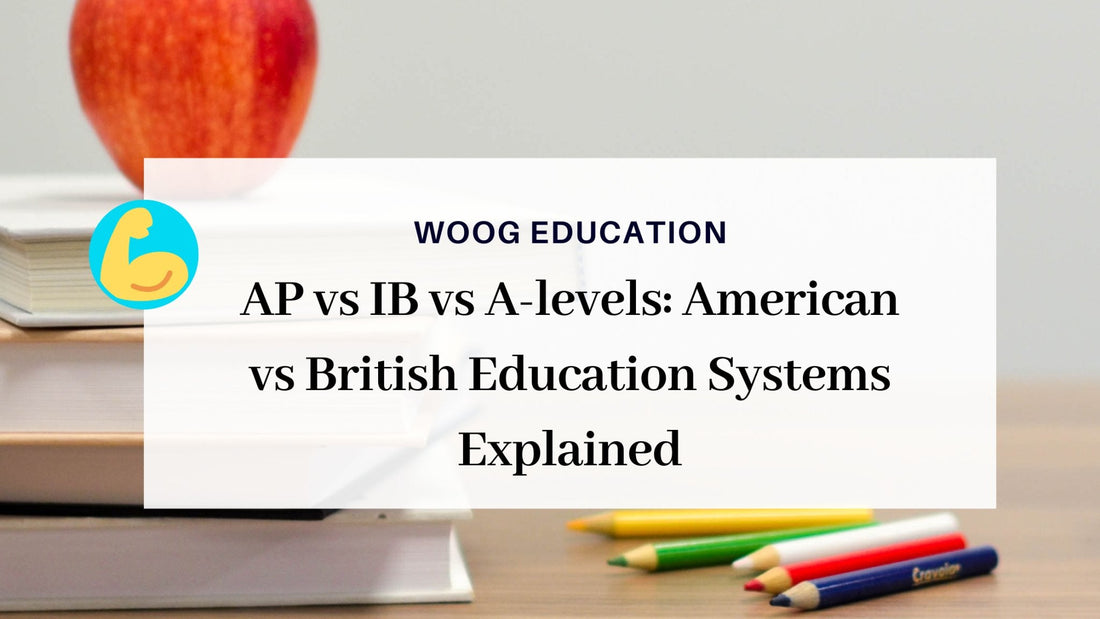Education systems across the globe exhibit diversity in their structures, teaching methodologies, and examination frameworks. Two prominent systems, the American and British education systems, offer distinct paths for students pursuing higher education. Understanding the nuances between these systems is crucial for students aspiring to navigate their way through university admissions successfully.
American Education System
The American education system emphasizes flexibility and a broad-based curriculum, allowing students to explore various subjects before specializing in college. One of the key components is the Advanced Placement (AP) program. AP courses are rigorous, college-level classes available in high schools, offering students the opportunity to delve deeply into specific subjects and earn college credit by scoring well on corresponding exams.
AP courses provide more control and exposure to specific subjects, allowing students to tailor their academic pursuits according to their interests and future career aspirations. These courses are recognized by American universities and can potentially accelerate the college experience by earning credits that may waive introductory college courses.
American universities highly value AP courses due to their rigorous curriculum, indicating a student's readiness for college-level studies. However, the decision to pursue AP courses should align with a student's academic strengths, interests, and the prerequisites of their desired universities.
British Education System: IB vs A-levels
In contrast, the British education system offers two primary pathways for students in their final years of secondary education: the International Baccalaureate (IB) and Advanced Levels (A-levels).
The International Baccalaureate (IB) program is a comprehensive, globally recognized curriculum emphasizing a holistic educational experience. It comprises six subject groups, including languages, sciences, mathematics, arts, humanities, and a core component involving critical thinking, research, and community service (Theory of Knowledge - ToK) and an Extended Essay.
The IB program aims to develop well-rounded individuals with a broad skill set, critical thinking abilities, and a global perspective. It is valued by universities worldwide for its rigorous curriculum and emphasis on independent research and critical analysis.
On the other hand, the A-levels are subject-specific qualifications offered in the UK. Students typically choose three or four subjects to study in-depth over two years. A-levels offer a more specialized approach, allowing students to focus on subjects aligned with their intended university course or career path.
Both the IB and A-levels hold significance in the eyes of British universities, and the choice between them often boils down to a student's academic strengths, preferences, and the requirements of their desired universities.
Choosing the Right Syllabus for University Preparation
Deciding between AP, IB, or A-levels involves considering various factors, including the preferred university, desired course of study, personal strengths, and career aspirations.
AP courses provide a high level of flexibility and subject-specific exposure, making them an excellent choice for students seeking a more tailored approach to their studies. However, the IB program's holistic curriculum might appeal to students looking for a broader educational experience encompassing various subjects and critical thinking skills.
Meanwhile, A-levels offer specialization and depth in chosen subjects, allowing students to focus on specific areas of interest, which might align well with certain university programs.
When considering American universities, AP courses are highly regarded and can potentially earn students college credits, allowing for a more streamlined college experience. On the other hand, British universities often recognize both IB and A-levels and consider them as rigorous qualifications for admission.
Ultimately, the decision should be based on a student's academic strengths, learning preferences, and alignment with their future academic and career goals. Seeking guidance from educators, mentors, and university admissions counselors can provide invaluable insights to make an informed choice.
In conclusion, the differences between the American and British education systems, particularly regarding AP, IB, and A-levels, highlight the diverse paths available for students preparing for university. Each curriculum offers unique advantages, and choosing the right syllabus involves careful consideration of individual aspirations and academic strengths, setting the foundation for a successful educational journey.
